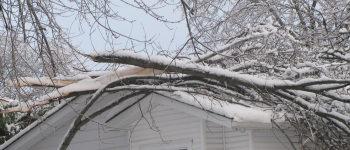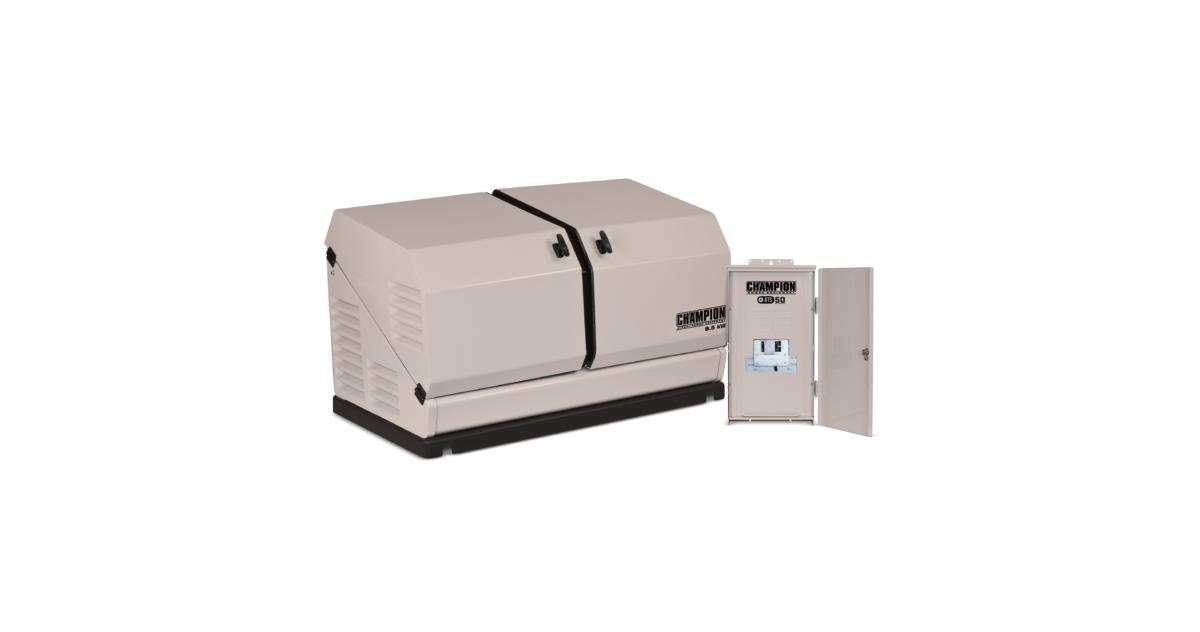I'm mostly with you. I have zero desire for an annoying generator but a battery bank and inverter seems appealing. They really locked down the requirements so a permanent solution is miles from financially viable (only fully certified packaged systems are allowed, cannot be installed below grade, etc etc). If you are serious about this, I would investigate a two-direction BEV. I am pretty sure Kia/Hyundai are doing this. I'm not sure who else. The biggest cost of the system is the batteries and if they are only used occasionally, the cost per kwh used is beyond astronomical and rolling out a smelly generator will be an order of magnitude (or more) cheaper. Using a BEV lets you use the expensive batteries for thousands of cycles instead of a literal handful.I walked around my neighborhood and was surprised at the number of generators running... I'm completely off-grid at the cottage, but I have no resiliency in the city. I was without power until about midnight and it made me re-think investing in some sort of backup for the house.
I looked into it 2 years ago when the greener homes grant was starting, but the only solar connected battery-backup system that was allowable at the time (at least in your house and not in some detached shed) were lead-acid, and there was no way I was going to spend money (not even government money) on that outdated battery tech when LiFePo4 was/is the next big thing for EV and off-grid energy storage.
Maybe things have changed in the last 2 years, but I kind of doubt it. Very silly restrictions on lithium technology compared to lead acid... probably just fear factor, but lead acid vents dangerous gasses and lithium does not (unless of course they combust but that's very rare for lithium iron phosphate) so I don't get it.
I hate the idea of a loud smelly gas generator running in my backyard, so that got me thinking of building a "portable" 5 or 10 kW "hand truck" system... a small 5 or 10 kW inverter that I can wheel out and connect to as many parallel LiFePo4 battery banks (via busbar) as I need. Get an electrician to install a manual transfer switch and generator inlet box, then just wire my inverter with the same connector needed for the generator input.
I can store as many battery banks as needed in my garage with no worry about red-tape or chemistry restrictions. Not an automatic-transfer system or anything, but something easy enough to switch over to when the grid goes down for an extended period.
FWIW, I only have an EU2000. That can run the furnace, a fridge and some lights/entertainment. Quiet, easy on gas and good enough. I can't use 240V anything and it isn't business as usual on emergency power but I'm also not worried about expensive issues like food spoiling or water intruding with no way to mitigate the issue.


















